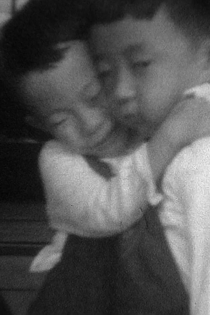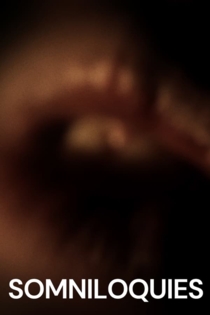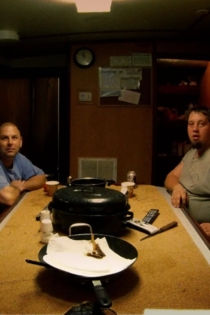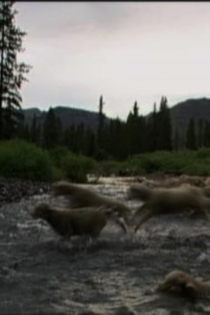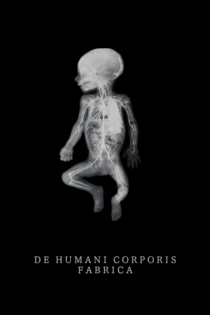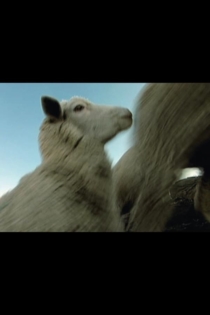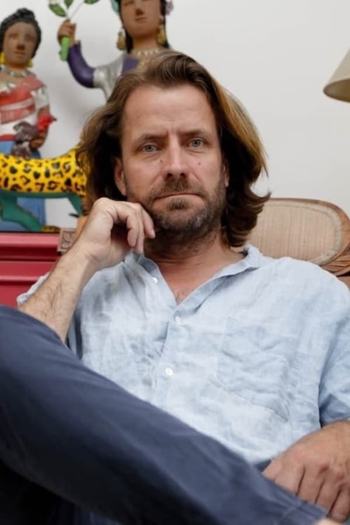
Lucien Castaing-Taylor
2021Castaing-Taylor received his B.A. at The University of Southern California and his Ph.D. at The University of California, Berkeley. Since 2002 Castaing-Taylor has taught at Harvard University, where he is Director of the Sensory Ethnography Lab. His works include In and Out of Africa, which he made with Ilisa Barbash in 1992. It is an ethnographic video about issues of authenticity, taste, and racial politics in the African art market that won eight international awards. He also recorded the film Sweetgrass (2009), which is described as "an unsentimental elegy at once to the American West and to the 10,000 years of uneasy accommodation between post-Paleolithic humans and animals." He is the founding editor of the American Anthropological Association’s journal Visual Anthropology Review (1991–94).
Sweetgrass
Ilisa Barbash, Lucien Castaing-Taylor
An unsentimental elegy to the American West, Sweetgrass follows the last modern-day cowboys to lead their flocks of sheep up into Montana's breathtaking and often dangerous Absaroka-Beartooth mountains for summer pasture. This astonishingly beautiful reveals a world in which nature and culture, animals and humans, vulnerability and violence are all intimately meshed.
Sweetgrass
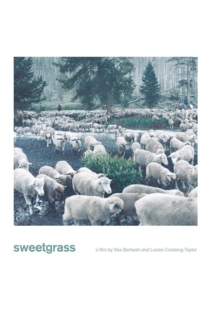
Leviathan
Lucien Castaing-Taylor, Véréna Paravel
Declan Conneely, Johnny Gatcombe
Set aboard a hulking fishing vessel as it navigates the treacherous waves off the New England coast. The very waters that once inspired Moby Dick, the film captures the harsh, unforgiving world of the fishermen in starkly haunting, yet beautiful detail.
Leviathan
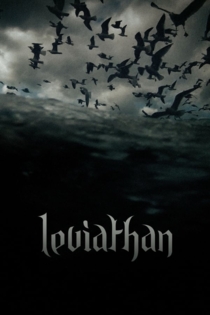
In and Out of Africa
Ilisa Barbash, Lucien Castaing-Taylor
Gabai Barre
Interweaving stories of Western collectors, Muslim traders, African artists and intellectuals, and the filmmakers themselves, the film focuses on a remarkable art dealer from Niger named Gabai Barre. It follows him all the way from the rural Ivory Coast to East Hampton, Long Island, where he bargains for a sale. The film shows how (through occasionally hilarious and frequently fantastic tales about the art objects) he adds economic value and changes the "meaning" of what he sells by interpreting and mediating between the cultural values of African producers and Western consumers.
In and Out of Africa
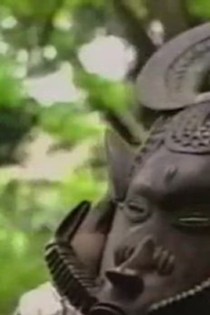
Caniba
Lucien Castaing-Taylor, Véréna Paravel
Issei Sagawa, Jun Sagawa
Caniba is a fresco about flesh and desire. It reflects on the discomfiting significance of cannibalism in human existence through the prism of one Japanese man, Issei Sagawa, and his mysterious relationship with his brother, Jun Sagawa.
Caniba
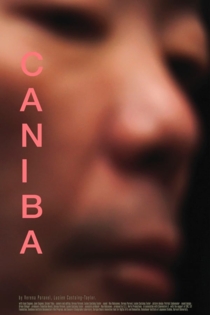
Ah Humanity!
Lucien Castaing-Taylor, Ernst Karel
“Ah humanity! reflects on the fragility and folly of humanity in the age of the Anthropocene. Taking the 3/11/11 disaster of Fukushima as its point of departure, it evokes an apocalyptic vision of modernity, and our predilection for historical amnesia and futuristic flights of fancy. Shot on a telephone through a handheld telescope, at once close to and far from its subject, the audio composition combines excerpts from Japanese genbaku film soundtracks, audio recordings from scientific seismic laboratories, and location sound.”—Ernst Karel, Verena Paravel & Lucien Castaing-Taylor
Ah Humanity!
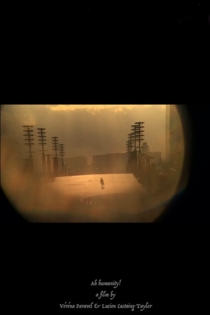
Bedding Down
Lucien Castaing-Taylor
Exploring the intersection between experimental documentary and ethnographic anthropology, this short film silently follows a herd of sheep and a faceless cowboy through magic hour in Montana. A Western without guns or dames, just the open country, man and the animal world are left behind.
Bedding Down
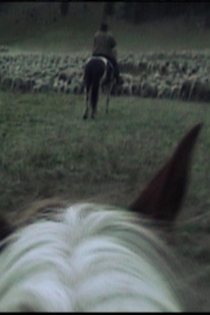
Lampedusa
Philip Cartelli, Mariangela Ciccarello
Lucien Castaing-Taylor, Mariangela Ciccarello
Combining high definition and Super 8 footage, Lampedusa is composed of interwoven narratives based on a series of real events. In 1831, a volcanic island suddenly erupted from the sea a few kilometers off the southern coast of Sicily. An international dispute ensued, as a number of European powers laid claim to this newfound “land”. The island receded below sea level six months later, leaving only a rocky ledge under the sea…
Lampedusa

Commensal
Lucien Castaing-Taylor, Véréna Paravel
Issei Sagawa
A two-channel installation utilizing both digital video and 16mm film, Commensal focuses on the controversial figure of Issei Sagawa, who gained notoriety in 1981 when, as a graduate student in Paris, he murdered a fellow student and engaged in acts of cannibalism. After his release from a mental institution, Sagawa returned to Japan, and later appeared in innumerable documentaries and sexploitation films. In contrast to earlier journalistic documentaries on Sagawa, the film suspends moral judgment and explores a realm that eludes classification as either “documentary” or “pure fiction,” to instead chart the ambiguous territory between crime, fantasy, and social realities, between an individual and the economy of his public persona.
Commensal
